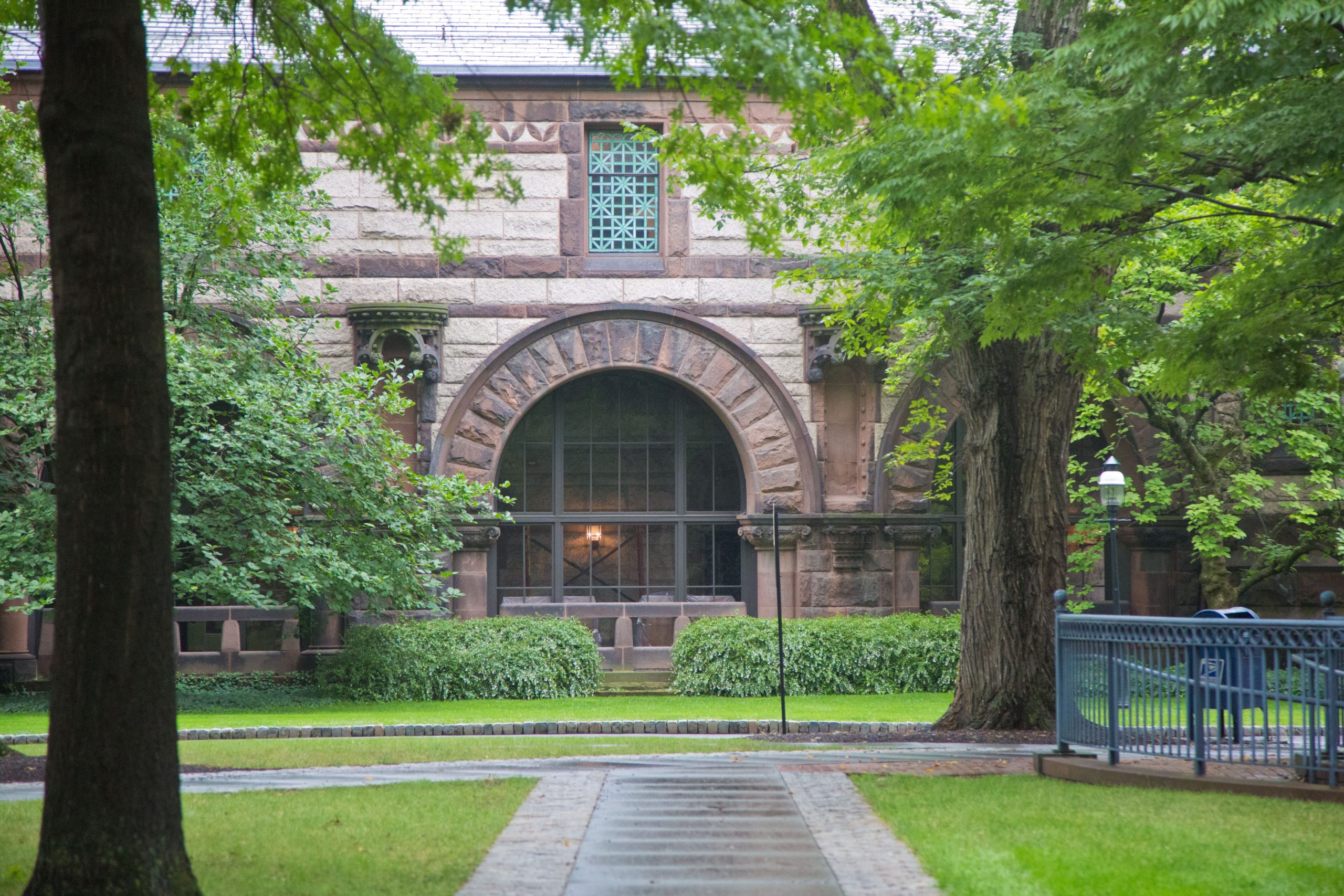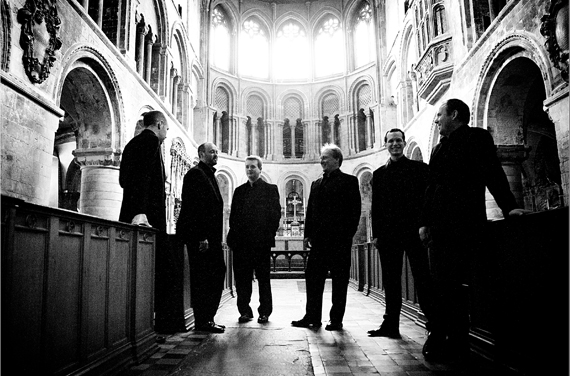Welcome to our 2024-2025 season!
When
Sunday, October 11, 2015 | 2PM EDT
Where
Richardson Auditorium Stage in Alexander Hall
Tickets
NOTE: Tickets to both of these concerts are SOLD OUT. Any tickets returned to the box office will go on sale at the Richardson Box Office the day of the performance. The box office will open at 1pm on October 11. We encourage patrons who want to attend to arrive at the box office one hour before each concert. The repertoire is the same for both concerts
Tickets: $25 General / $10 Students
Concert #1 at 2PM: SOLD OUT
Concert #2 at 4:30PM: SOLD OUT
Performances Up Close
About the Event
Literally meaning “rooster song” or “cock crow,” Gallicantus takes its name from the term used in monastic antiquity for the office held just before dawn: a ceremony which evokes the renewal of life offered by the coming day. With members drawn from such renowned English vocal ensembles as Tenebrae (whom Princeton audiences heard several seasons ago), The Tallis Scholars and King’s Singers, Gallicantus are as meticulous about providing context and insight for audiences as they are about crafting interpretation of the music they love. Their two sold out performance last year on our season proved this is an enesemble worth hearing. Listen to them but a few minutes and you will find yourself believing in the higher power. Of Music.
This informal concert will feature music introduced by the artists. Audiences are welcome to stay afterwards and talk with the artists.
Read More About Event
Literally meaning “rooster song” or “cock crow,” Gallicantus takes its name from the term used in monastic antiquity for the office held just before dawn: a ceremony which evokes the renewal of life offered by the coming day. With members drawn from such renowned English vocal ensembles as Tenebrae (whom Princeton audiences heard several seasons ago), The Tallis Scholars and King’s Singers, Gallicantus are as meticulous about providing context and insight for audiences as they are about crafting interpretation of the music they love. Their two sold out performance last year on our season proved this is an enesemble worth hearing. Listen to them but a few minutes and you will find yourself believing in the higher power. Of Music.
This informal concert will feature music introduced by the artists. Audiences are welcome to stay afterwards and talk with the artists.
Program
“Songs of the Sibyl,” a one-hour program presented in the round on the stage of Alexander Hall in Richardson Auditorium.
The ancient Greek prophetesses known collectively as ‘The Sibyls’ were recorded in writing from the 5th Century BC – but from the 2nd century AD, a process of judicious redaction and expansion enabled early Christians to use the Sibylline prophecies as a companion document to the Old Testament. The revised texts, though they retained some of the original mystic and apocalyptic flavor, were largely concerned with a coming Messiah, and as a result they played a significant role in some early Catholic liturgies. By the 16th Century, the ‘Song of the Sibyl’ was traditionally heard all over Europe on Christmas Eve, but its use was discredited by the Council of Trent (1545-1563) and the tradition now remains only in a few corners of the Iberian Peninsula. The only complete setting of the twelve Sibylline prophecies in existence was composed by Orlandus Lassus (1532-94). His Prophetiae Sibyllarum has achieved notoriety through its intense and dark chromaticism (though it was the first major work of his career, composed in around 1555, it is among his most harmonically adventurous and startling) and through the fact that, with the discredit attributed to the prophecies at precisely the time of its composition there are no other Sibylline settings to compare it with. It is, certainly in terms of its text, and arguably its harmonic language too, a quite unique work.
Our very own Gabriel Crouch (Director of Princeton’s Glee Club) and his renowned Renaissance vocal ensemble Gallicantus bring these words to life in a program of the complete setting by Lassus paired with works by the celebrated “Sibyl of the Rhine” Hildegard von BIngen, alongside new works by Princeton professors Dan Trueman and Dmitri Tymoczko.
Plan Your Visit
Get directions, see parking and accessibility info, download a seating charts, and more.
Learn More
Discover More Like This
Takács String Quartet
Jordan Bak, Viola
, Thursday, September 25, 2025 | 6PM & 9PM





